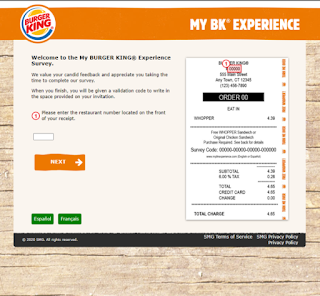Navigating the Seas of Digital Marketing: Strategies for Success
In today's digitally-driven world, businesses are constantly seeking innovative ways to connect with their audience and stand out digital marketing alpharetta ga in the online landscape. One of the most potent tools in their arsenal is digital marketing. As technology continues to evolve, so do the strategies and techniques within the realm of digital marketing. In this article, we delve into the intricacies of digital marketing, exploring its significance, key components, and strategies for success.
Understanding Digital Marketing
Digital marketing encompasses a broad spectrum of online tactics and channels aimed at promoting products, services, or brands. Unlike traditional marketing methods, which rely heavily on offline channels like print media or television, digital marketing leverages the power of the internet to reach and engage with target audiences more effectively.
Key Components of Digital Marketing
1. Search Engine Optimization (SEO)
SEO plays a pivotal role in enhancing a website's visibility in search engine results pages (SERPs). By optimizing content, keywords, and website structure, businesses can improve their organic search rankings, driving more traffic to their site and increasing brand exposure.
2. Content Marketing
Content marketing focuses on creating valuable, relevant, and consistent content to attract and retain a clearly defined audience. Through blog posts, articles, videos, infographics, and social media posts, businesses can establish thought leadership, build brand awareness, and foster customer loyalty.
3. Social Media Marketing
With billions of active users across various platforms, social media has become an indispensable tool for digital marketers. By crafting compelling content and engaging with their audience on platforms like Facebook, Instagram, Twitter, and LinkedIn, businesses can amplify their reach, drive website traffic, and foster meaningful relationships with customers.
4. Email Marketing
Email marketing remains a cornerstone of digital marketing strategies, allowing businesses to communicate directly with their audience. Whether through newsletters, promotional offers, or personalized messages, email marketing enables businesses to nurture leads, drive conversions, and maintain ongoing engagement with customers.
5. Pay-Per-Click Advertising (PPC)
PPC advertising involves placing ads on search engines or social media platforms and paying a fee each time a user clicks on the ad. By targeting specific keywords, demographics, or interests, businesses can effectively reach their target audience and drive immediate traffic to their website.
Strategies for Digital Marketing Success
1. Define Clear Goals and Objectives
Before embarking on any digital marketing campaign, it's crucial to establish clear goals and objectives. Whether it's increasing website traffic, generating leads, or boosting sales, defining measurable goals will guide your strategies and help track your progress effectively.
2. Know Your Audience
Understanding your target audience is paramount to crafting effective digital marketing campaigns. Conduct market research, analyze customer data, and create buyer personas to gain insights into your audience's demographics, preferences, and behaviors. This knowledge will inform your content creation, messaging, and targeting strategies.
3. Create Compelling Content
Content lies at the heart of digital marketing. Whether it's blog posts, videos, or social media updates, focus on creating high-quality, relevant content that resonates with your audience. Tailor your content to address their pain points, provide solutions, and offer valuable insights that establish your brand as a trusted authority in your industry.
4. Leverage Data and Analytics
Data-driven decision-making is essential in digital marketing. Utilize analytics tools to track the performance of your campaigns, measure key metrics such as website traffic, engagement, and conversion rates, and gain actionable insights into what's working and what's not. Use this data to refine your strategies, optimize your campaigns, and maximize your ROI.
5. Embrace Innovation and Adaptability
The digital landscape is constantly evolving, with new technologies, trends, and platforms emerging regularly. To stay ahead of the curve, embrace innovation and adaptability in your digital marketing efforts. Experiment with new tools, tactics, and strategies, and be prepared to adjust your approach based on changing market dynamics and consumer behavior.
.jpg)


Comments
Post a Comment